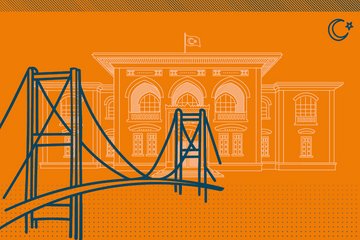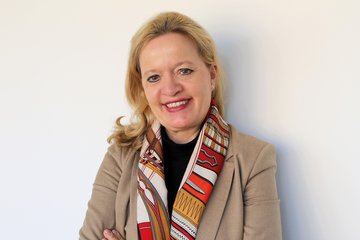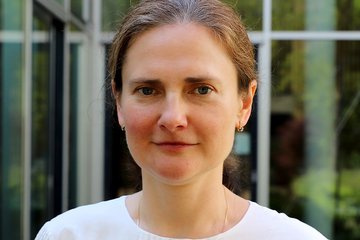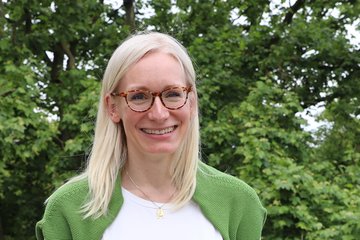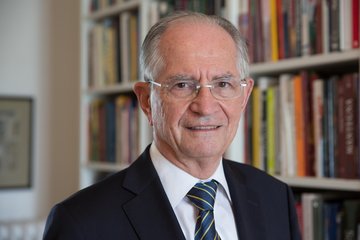Legal Research and the Transfer of Knowledge
The Centre for the Application of Foreign Law
Private Law Gazette 1/2021 – Since the time of its inception, the Institute has put the expertise gained from basic research at the service of the general public. In 2020, a special Centre for the Application of Foreign Law was created with this very aim in mind. In this conversation with Jan Peter Schmidt, head of the Centre, we look at its experiences thus far and its outlook for the future.
For whom does the Institute prepare expert opinions on the law of other countries?
“In addition to the comprehensive expert opinions intended for federal ministries or for the European Commission, we prepare – above all – subject-specific analyses for German courts. Where private law disputes have a link to two or more legal systems, private international law determines whose law is to be applied. The fact that German judges will thus often have to apply foreign law is generally unknown beyond legal circles.”
What topics might arise?
“The validity and effect of a marriage entered between two foreigners could, for instance, be an issue which needs to be determined by the law of the spouses’ nationality, or the formal validity of a foreign testament could be decided by the law where the instrument was drafted. German judges may even have to rule on disputes based on traffic accidents occurring abroad if a direct claim is brought in Germany against an insurer operating in the country where the accident took place.”
Where do Institute scholars find the body of knowledge needed to answer such questions?

“Our academic staff members possess the necessary familiarity with the subject matter and language given that most have studied and conducted research in foreign countries. Furthermore, our library has specialized literature on all the legal systems of the world. The wealth of knowledge and experience amassed at the Institute over the last decades now spans all continents. In addition to Centres of Expertise on East Asian law, Islamic law and Latin American law, we also maintain various country desks providing geographic coverage of, for instance, all English-speaking legal regions. Furthermore, with the 2020 staffing of desks on Poland and Turkey, we now have coverage once again for two countries whose law is in considerable demand in German judicial practice. All of this is supplemented by personal contacts with scholars and practitioners around the world.”
What role does the drafting of expert opinions have for academic work?
“Working on concrete cases inevitably generates new ideas and impulses for research, such as when you identify a legislative gap or encounter a novel legal question. The typically painstaking and rigorous treatment of questions arising in practice sharpens one’s comparative eye. It is, furthermore, always of interest to learn what issues foreign law raises for German judges. Our position paper on early marriage, drafted last year for the Federal Constitutional Court, is a good example of how a commissioned analysis can ultimately lead to a comprehensive research project.”
What future plans do you have for the Centre?
“Among other ideas, we are planning a conference for 2022 whose participants will include the heads of German university institutes similarly responsible for providing information on foreign law and also judicial actors, notaries and practising lawyers. It is our intention to investigate the application of foreign law both from a theoretical and a practical angle.”

